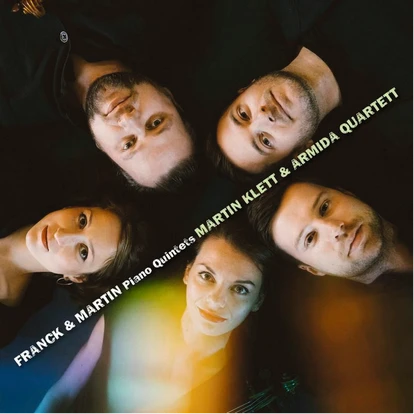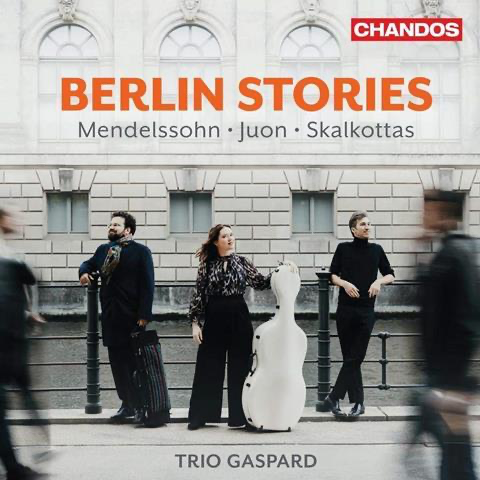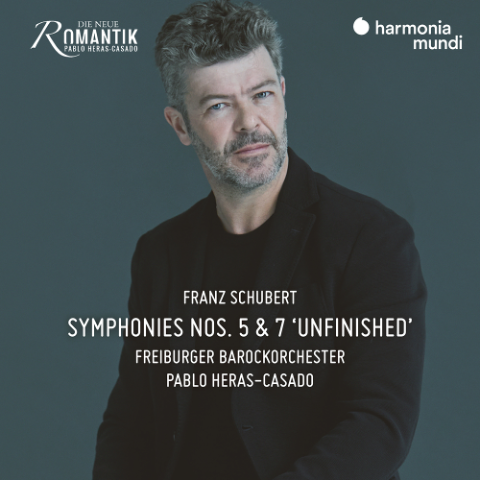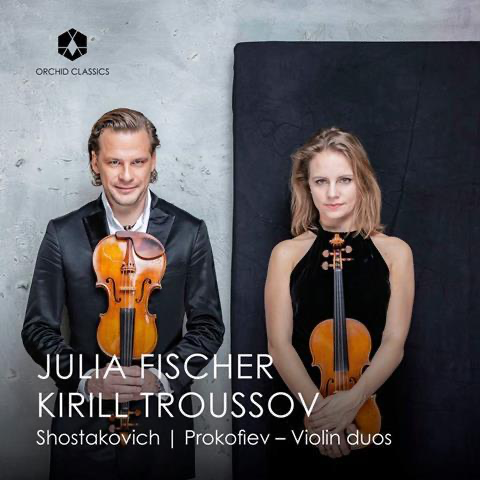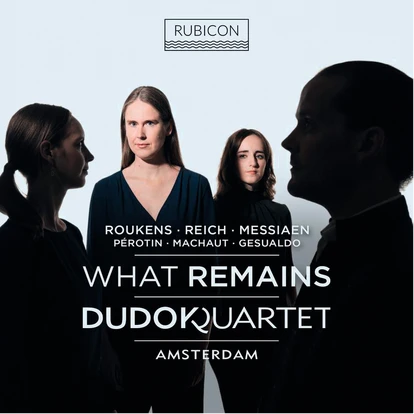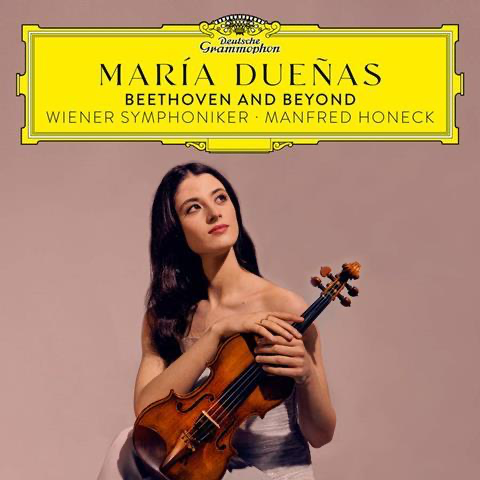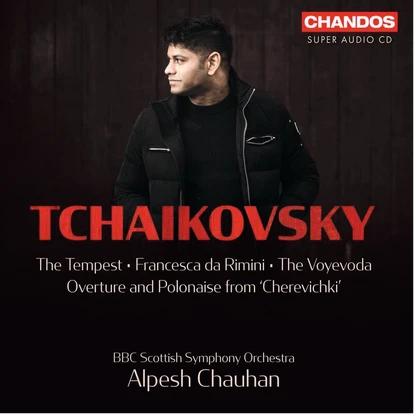Liszt – Transcendental Etudes
A Triumph of Audacity and Artistry: Unveiling the Remarkable “Live from the Cliburn”
August 2023
“Live from the Cliburn” is more than a compact disc release; it’s a resounding testament to the extraordinary talent and audacity of Yunchan Lim, a young South Korean pianist who has taken the piano world by storm. This album captures the electrifying semi-final recital that marked Lim’s debut on the international stage at the 2022 Van Cliburn International Piano Competition. Although the event has been available for viewing online for over a year, this recording immortalizes the exceptional prowess and charisma that define Lim’s performance.
Lim’s daring decision to tackle Liszt’s Transcendental Études in their entirety during the semi-final round is a masterstroke that sets the tone for the entire album. At the tender age of eighteen, Lim’s command of these demanding pieces is nothing short of awe-inspiring. His flawless execution of the Études, performed as a continuous sequence without breaks, showcases not only his technical brilliance but also his unwavering musical conviction.
The audacity of Lim’s choice is matched only by the depth of his expression. His playing transcends mere virtuosity, offering a profound exploration of Liszt’s intricate compositions. Whether navigating the dynamic peaks or conveying the subtlest nuances, Lim’s playing exhibits both sensitivity and restraint. His ability to seamlessly transition from titanic power to lyrical introspection reveals a musical maturity that belies his age.
The recording captures the live atmosphere of the performance, complete with spontaneous applause and occasional audience sounds. Rather than detracting from the experience, these moments underscore the palpable connection between Lim and his audience. While the sound quality may not always achieve ideal warmth, it authentically captures the essence of the live setting, transporting listeners to the very heart of the concert hall.
Marin Alsop, who chaired the competition jury and conducted the final concerti, aptly describes Lim as an artist who effortlessly unites profound musicality with prodigious technique. This sentiment resonates throughout the album, as Lim’s playing seamlessly weaves together technical brilliance and emotional depth. “Live from the Cliburn” not only documents a remarkable performance but also heralds the arrival of a pianist destined for an enduring international career.
In a world where artistry and audacity often converge, Yunchan Lim’s “Live from the Cliburn” stands as a testament to the convergence of remarkable talent and fearless expression. This album demands to be heard, offering listeners the chance to witness the birth of a musical legend and experience the magic of a live performance that will resonate for years to come.


